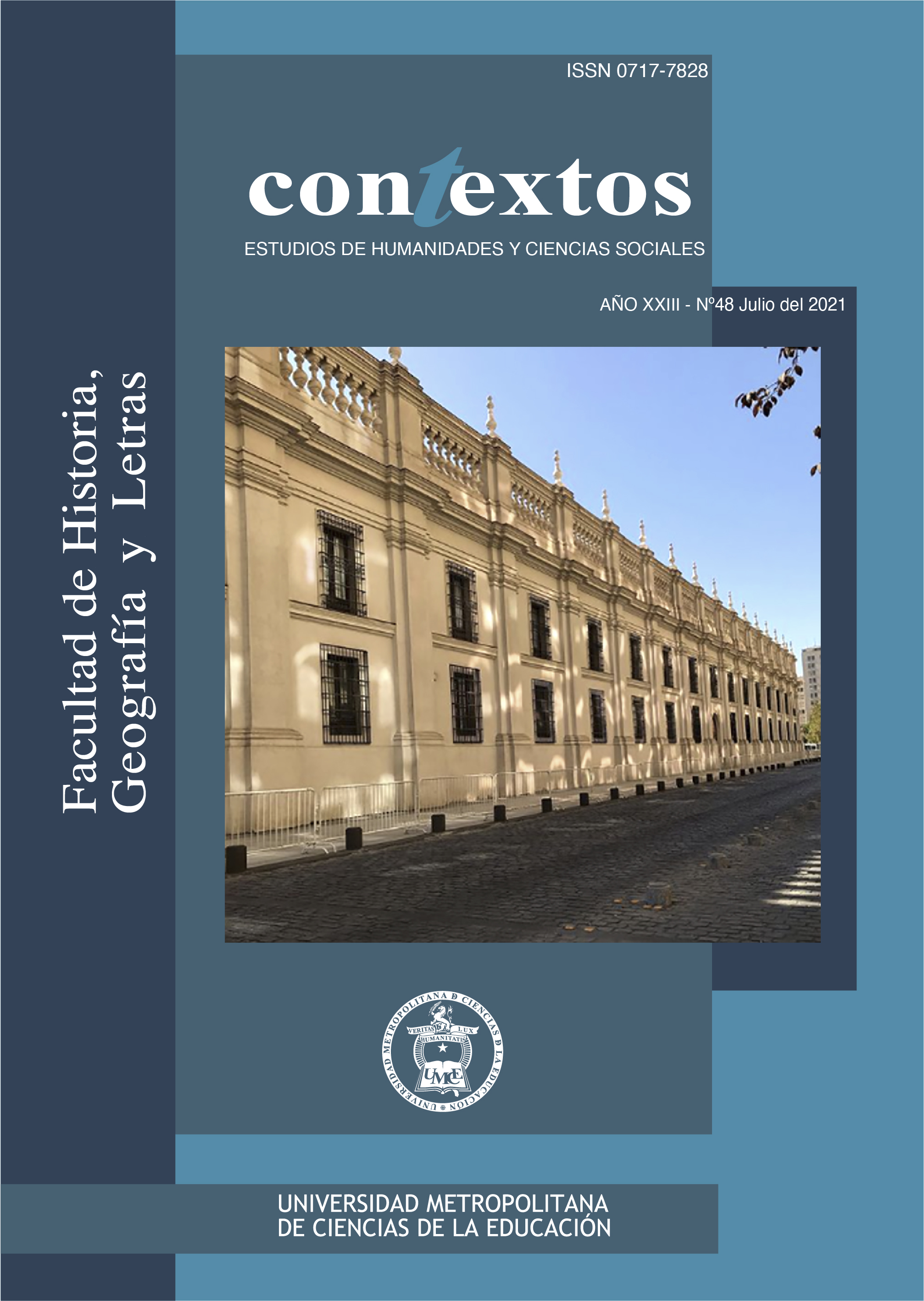Main Article Content
Jul 26, 2021
Abstract
Eduarda Mansilla lived in the United States of America between the years 1860, 1868 and 1870. Her experience is made apparent in the first travel account written by a woman in Argentina: Recuerdos de viaje (1882). This paper reviews the book’s first chapter, with the aim of establishing, following the theory of flâneur proposed by Dorde Cuvardic as a textual analytic model, the type of flânerie that the Argentinian writer, in her condition as a Latin-American intellectual, projects on her arrival in the city of New York. Along with the aforementioned, the type of writing that Mansilla proposes in the text is seen to form part of the tradition of the Hispano-American modernist chronicle. Hence, through its inspection, it is possible to determine not only the impressions of the observed space by the flâneuse, but also to establish the elements that conform her views and thought, as an intellectual, as a woman and as an artist, immersed in the context of the time.
Downloads
Policies for open access journals
Authors who publish here accept the following terms: Authors will keep their copyright and will guarantee the journal the right to the first publication of their work, which will be subject to the Licence of Creative Commons acknowledgement, which allows for the use of this material only if the authorship is credited and the original source is acknowledged (the journal’s URL), and if it is not used with commercial ends and with any derivations of the original work.
Authors may adopt other non-exclusive license agreements of distribution of the published version (e.g. to save it onto a digital institutional archive or publish it in a monographic volume) only if the initial publication of this journal is indicated.
It is permitted and recommended for authors to divulge their work on the Internet (e.g. institutional digital archives or webpage) before and during the submission process, which may lead to interesting exchanges and increase the citations of the publication. (See Open Access Effect).






